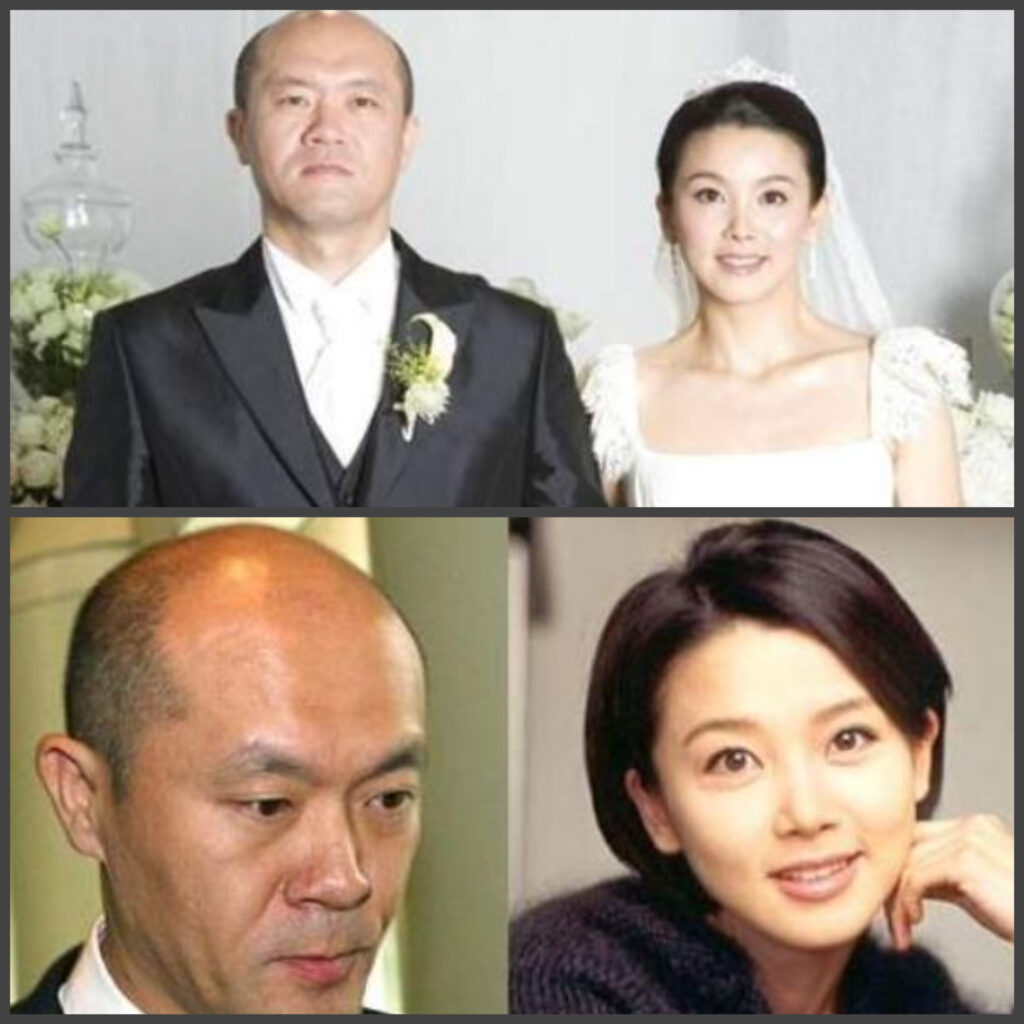
The May 18 Democratic Movement, or Gwangju Democratization Movement, is an event that has left indelible scars on both citizens and martial law forces since the military rebellion of December 12, 1979, when coup forces, including Chun Doo-hwan, committed rebellion and riots from May 18 to May 27, 1980. At first, it was called the Gwangju uprising by the new military, and the media at that time called the Gwangju Incident or the Gwangju Soyo Incident, but as the times changed and the truth was revealed, it is now called the Gwangju People’s Uprising, Gwangju Democratic Uprising, and Gwangju Massacre. Most elementary, middle, and high school textbooks in Korea write that it is the Gwangju Democratization Movement.It is the highest level of resistance in the history of the Constitution of the Republic of Korea, and the far-right, including Ji Man-won, claims that Chun Doo-hwan’s claim is an armed riot, but the Supreme Court of the Republic of Korea has confirmed that it is groundless and interpreted as a legitimate exercise of resistance.
When the Unified Progressive Party dissolved the unconstitutional party, the Constitutional Court said, “There should be a significant violation of the overall order of democratic basic order, not just a violation of individual constitutional provisions, or an attempt to destroy it.” It has been judged that the use of exceptional violence is inevitable due to its nature (that’s why the Constitutional Court has set strict standards for the exercise of resistance), so the theory of armed riots, which is illegal or unconstitutional, has been found to be groundless by both the Supreme Court and the Constitutional Court.In 1979, when the December 12 military rebellion broke out, the new military, led by Chun Doo-hwan, took control of the military, and as the spring of Seoul increased the democratization fever, the rebels expanded the emergency martial law nationwide.Martial law created by the December 12 military rebellion, winter vacation of universities, and the end of the year were combined, and the fog situation became known after March when universities began, and rallies continued to denounce it.Martial law forces adhered to riotous protest suppression methods to suppress protests, mercilessly beating innocent citizens, committing sexual crimes such as sexual violence, illegal executions, and even using firearms against civilians.

Thanks to this, it is widely known as a case of suppression of human rights and killing of civilians by the military regime. To this extent, the situation at the time and the aftermath are large. This series of events has resurfaced at the expense of citizens protesting against military dictatorship as part of the democratization process of the Republic of Korea. The problem is that with this past, the Jeon family’s
They are enjoying a rich life. The family’s life, which had only been speculated and expected, and its luxurious side with slush funds, led to the situation in which the grandson of the atrocity specifically exposed and apologized directly to the victims. However, the discloser (Jeon Doo-hwan’s grandson) exposed the act of taking drugs through SNS, leaving a regret over the authenticity. He has already served his sentence after a court trial for raising slush funds, and some fines have since been paid, but everything has ended with his son and his family still accumulating astronomical assets and the death of the person. Korea, an economic powerhouse in IT and a leading country in the semiconductor sector, has not been able to clean up this dark side.
H.S HA
US ASIA JOURNAL



